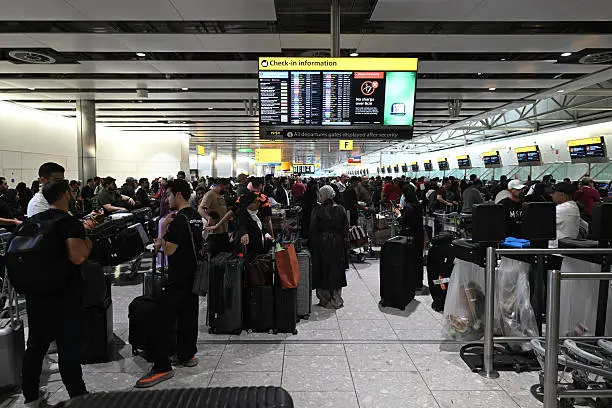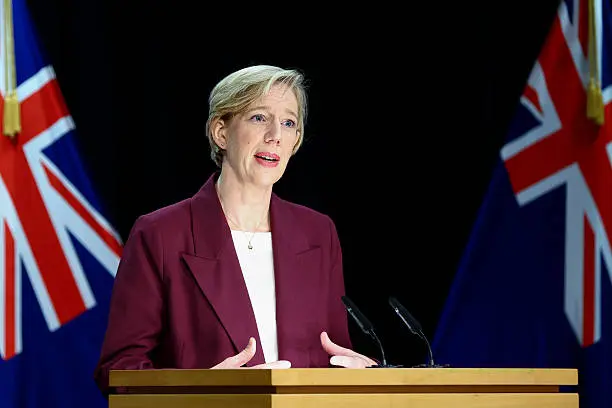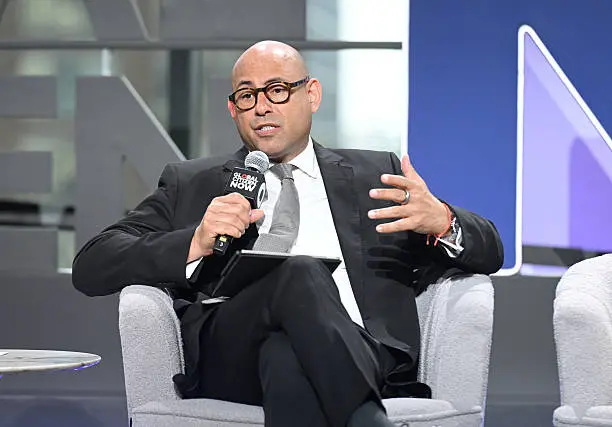
Nigeria’s Overnight Lending Rate Drops as Excess Liquidity Meets Policy Shift

GeokHub
Contributing Writer
Nigeria’s overnight lending rate has fallen by 100 basis points, with analysts attributing the decline to excess liquidity in the banking system and recent shifts in monetary policy.
Traders said commercial banks had more cash than expected in reserve, easing pressure on short-term borrowing costs. The Central Bank of Nigeria’s recent policy adjustments, including open market operations and changes to liquidity management, also contributed to the downward trend.
The overnight rate is a key indicator of banking sector stability, reflecting how much lenders charge each other for short-term funds. A drop in the rate typically signals strong liquidity, though some analysts caution that persistent imbalances could affect longer-term monetary objectives.
Market watchers say the move provides temporary relief for banks and businesses facing high financing costs. However, the broader outlook will depend on how the central bank balances liquidity supply with efforts to curb inflation and stabilize the naira.
The adjustment comes at a time when Nigeria’s economy is under pressure from rising import costs, sluggish growth, and foreign exchange challenges, making monetary policy a critical tool for stability.


































